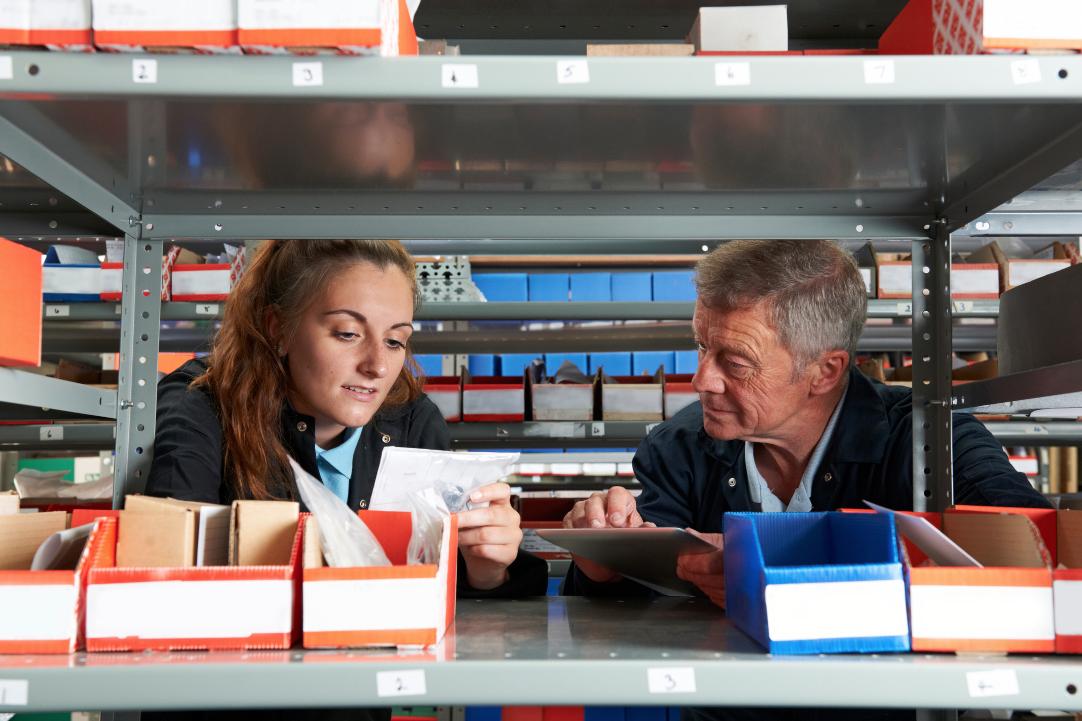
© Getty Images
Not all highly innovative companies are university spin-outs. Many are well-established and family-owned. They have deep technical knowledge, often carried over from generation to generation. But sometimes, too much knowledge can be a barrier to further business innovation unless the family members can address issues that have nothing to do with their products or technology.
Family-run businesses can be beautiful things, offering a fluid and warm environment enhanced by generations of experience. For many startups, it's family and friends that provides their first funding. Leaders of established businesses will recall those times when their close relations worked for nothing to help them achieve their dream.
But family ownership of a business can also become a curse. The stress and tension of keeping a business going and growing can impact on your relationships with partners, sisters, parents - literally Uncle Tom Cobbleigh and all. Secondly, familial roles and behaviours can spill over into HR practices, resulting in inflexibility and dysfunctional relationships which are ultimately damaging to the company itself.
How I2S can help family businesses
I have seen several examples of such businesses going through the Innovate 2 Succeed (I2S) programme, and witnessed similar patterns of behaviour. I have also seen how the programme can provide ways in which family-owned and run companies can alleviate these pressures - and keep driving business innovation forward. So here are four tips to help overcome these common problems.
- Take a step back
- Have more meetings
- Keep to agreed business hours
- Have proper job descriptions
First, be prepared to take a step back from your business and try and see things objectively. If someone else was describing your business to you, including the employees and their roles, would you think it was structured appropriately? One I2S client had run successful businesses in the past that were not family-based; it was only when he was asked to compare those with his current enterprise that he recognised some obvious flaws.
Second, have more meetings. Yes, more meetings. Schedule a time at least once a week, in which have set an agenda. Take minutes, have actions. Too many times family-run businesses slip into patterns of behaviour about the sharing of information and the allocation of responsibilities that are as much to do with domestic issues as about running a business. Having a formal structure will allow for serious attention to be paid to the running of the business and impose a level of formality that will keep things cool and clear-headed. Some I2S clients believe that a level of familial ‘it goes without saying’ will also apply to business decisions: this is not a wise assumption.
Third, establish hours of business operation and stick to them. Have times of the day and night when you are not permitted to message each other about business tasks or discuss the company. Of course new businesses can feel like 24 hour a day affairs, but you owe it to yourself and your other family members to have an agreed downtime.
Finally, create job descriptions for everyone and delineate everyone’s actual responsibilities. As part of an I2S workshop I asked a family business to write a five point job description of each others’ roles - the differences between perception and reality were startling. It may be surprising how much one family (staff) member is expected to do (and this may be you!). Be prepared to shuffle some of the tasks to keep things fair and productive.
Your business and your family are both worth nurturing. They both need their own special care.






